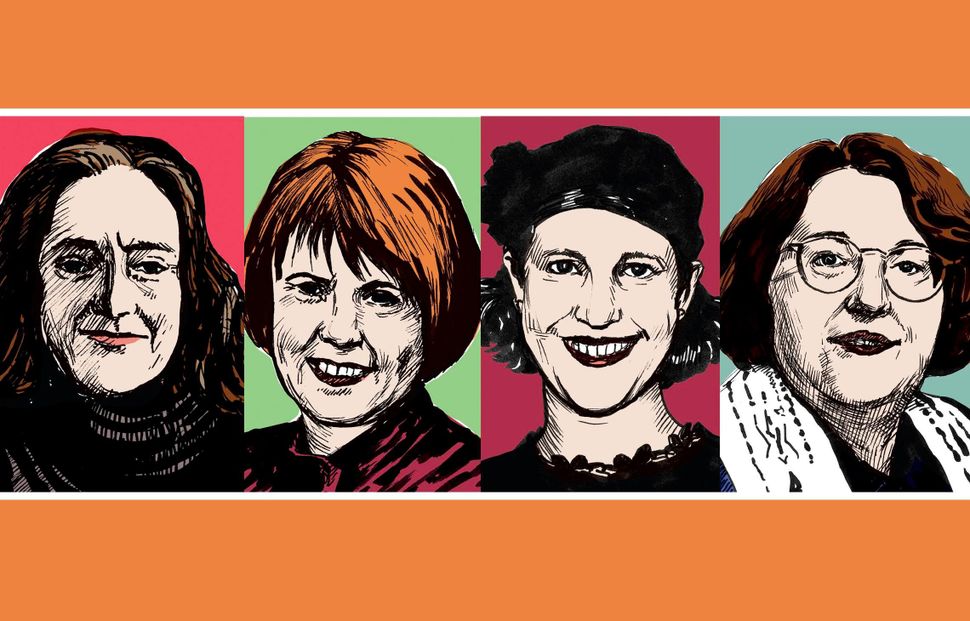‘Women’s Ordination Would Have Been Unthinkable Without Pioneering Halachic Critique’

Image by Anya Ulinich
To the Editor:
The assertion that thirty years ago, traditional leaders of the Conservative movement employed a “sociological argument masquerading as a halachic argument” when they opposed rabbinic ordination for women is patently false . In fact, today’s Open Orthodox endorsement of women’s ordination would have been unthinkable without the pioneering halachic critique and template provided by the traditionalists at that time.
The men and women who founded and led the organization then known as the Union for Traditional Conservative Judaism argued that Halakhah sees no virtue in the interchangeablilty of ritual roles. They explained that whether for Kohanim and Yisraelim or for men and women, traditional ritual distinctions should be maintained while other opportunities for self-expression and communal leadership should be encouraged. Specifically, they argued that in a halachic system – while there is no restriction on women performing most rabbinic functions – only men can serve as Shelichei Tzibur (prayer leaders) and Ba’alei Keriah (Torah Readers) where both men and women are present; and that only men could serve as witnesses (e.g. on a Ketubah) or as members of a Beit Din (e.g. to authorize a conversion). They rightly viewed those limitations as being untenable in a Conservative setting where rabbis are often expected to serve in those capacities and where the movement’s soft commitment to Jewish law would mean that women rabbis would inevitably be asked to do so. As they anticipated, following the decision to ordain women, those halachic boundaries were quickly discarded by the Conservative Movement, opening the floodgates to other breaches of Jewish law entirely unrelated to women’s ordination. It was concern over precisely such a cascading abandonment of halachah that necessitated the UTCJ’s challenge to women’s ordination as rabbis in a Conservative context and ultimately led to its dropping the “C” from its acronym.
At the same time, the UTCJ/UTJ served as a strong institutional advocate of women providing religious leadership for the Jewish community. It was the first of the movements to endorse halachic women’s prayer groups (1986) and the first to elect a woman as its president (Dr. Miriam Klein Shapiro z”l, 1990-1992). It also served as an important incubator for Open Orthodoxy, many of whose leaders developed and first presented their ideas as speakers at UTCJ conferences, participants in its Academic Advisory Council, and members of its professional staff.
Presciently, some among the UTCJ leadership asserted that – within an Orthodox setting where there are plenty of laymen capable of serving as prayer leaders, Torah readers and witnesses and where commitment to halachah would preclude infractions – women could serve in positions of spiritual leadership, even if it would mean developing a new title to reflect this welcome innovation. Far from inventing specious sociological arguments to block women’s leadership of the Jewish community, the founders of the UTCJ were the first to define the halachic parameters enabling women’s ordination that have now been adopted by Open Orthodoxy.
Rabbi Bruce Ginsburg
Past President, Union for Traditional Judaism























